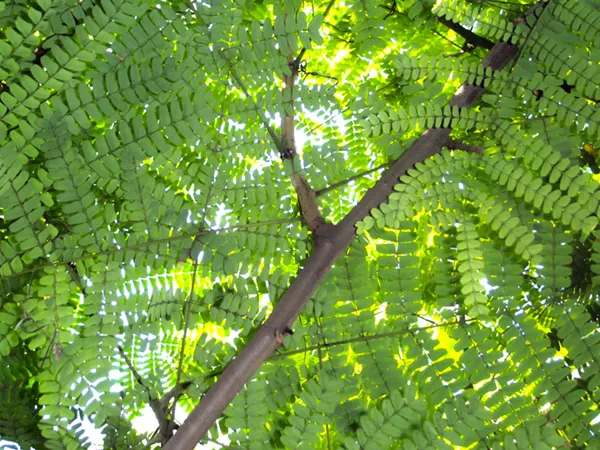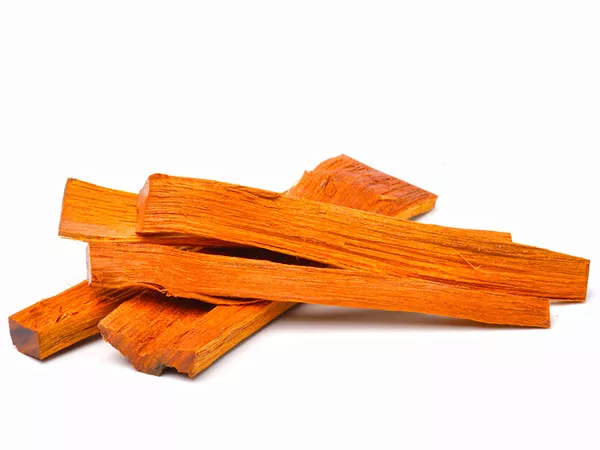Use of Su Mu (sappan woods) in TCM
Please note that you should never self-prescribe TCM ingredients. A TCM ingredient is almost never eaten on its own but as part of a formula containing several ingredients that act together. Please consult a professional TCM practitioner, they will be best able to guide you.
Preparation: All seasons are suitable for harvesting, but autumn is preferred. Cut down the trunks or thick branches, and saw them into 60 centimeters in length. Remove the outer bark and sapwood (white wood), and take the purple-red or red-yellow heartwood from the center. Allow it to air dry in a well-ventilated area.
Dosage: 3-10g
Main actions according to TCM*: Invigorate Blood and induce menstruation. Alleviate pain and reduce swelling by opening the Channels.
Primary conditions or symptoms for which Su Mu may be prescribed by TCM doctors*: Dysmenorrhea Amenorrhea Postpartum pain Trauma pain Trauma swellings Contusions blood statis Sprains blood stasis Fracture statis
Contraindications*: Not recommended during pregnancy.
Key TCM concepts behind Su Mu's properties
In Traditional Chinese Medicine (TCM), Su Mu belongs to the 'Herbs that invigorate the Blood' category. Like the name indicates these herbs tend to stimulate the Blood flow. In TCM they're used to help the circulation of Blood in cardiovascular conditions or menstrual irregularities as well as to treat acute pains caused by Blood Stagnation. They can also be used to treat Blood Stagnation when it causes certain tumors, cysts and hardened clots.
Furthermore Su Mu is Neutral in nature. This means that Su Mu typically doesn't affect the balance in your body. Balance between Yin and Yang is a key health concept in TCM. Eating too many "Hot" (Yang) ingredients can lead to an imbalance whereby one has a Yang Excess. The inverse is true as well: too many "Cold" (Yin) ingredients can lead to a Yin Excess. The Neutral nature of Su Mu means that you don't have to worry about that!
Su Mu also tastes Salty and Sweet. The so-called 'Five Phases' theory in Chinese Medicine states that the taste of TCM ingredients is a key determinant of their action in the body. Salty ingredients like Su Mu tends to have a draining effect in the body because they clear accumulations, remove Phlegm and soften hard lumps. On the other hand Sweet ingredients tend to slow down acute reactions and detoxify the body. They also have a tonic effect because they replenish Qi and Blood.
The tastes of ingredients in TCM also determine what Organs and Meridians they target. As such Su Mu is thought to target the Spleen, the Heart and the Liver. In TCM the Spleen assists with digestion, Blood coagulation and Fluids metabolism in the body. In addition to regulating Blood flow, the Heart is believed to be the store of the 'Mind' which basically refers to someone's vitality. The Liver is often referred as the body's "general" because it is in charge of regulating the movements of Qi and the Body Fluids. It also takes a leading role in balancing our emotions.


